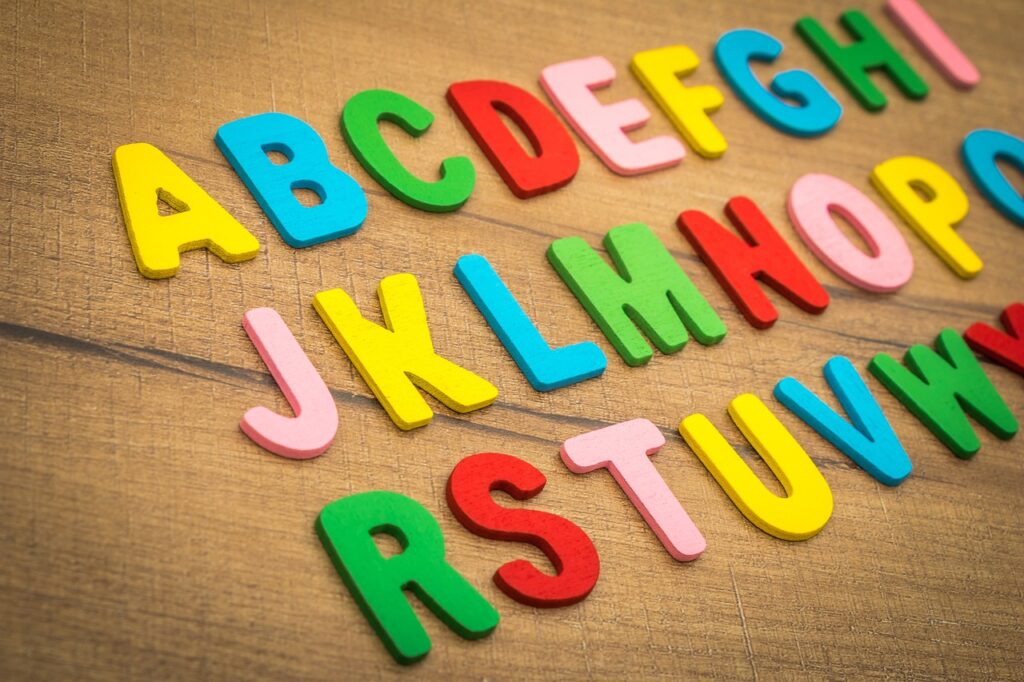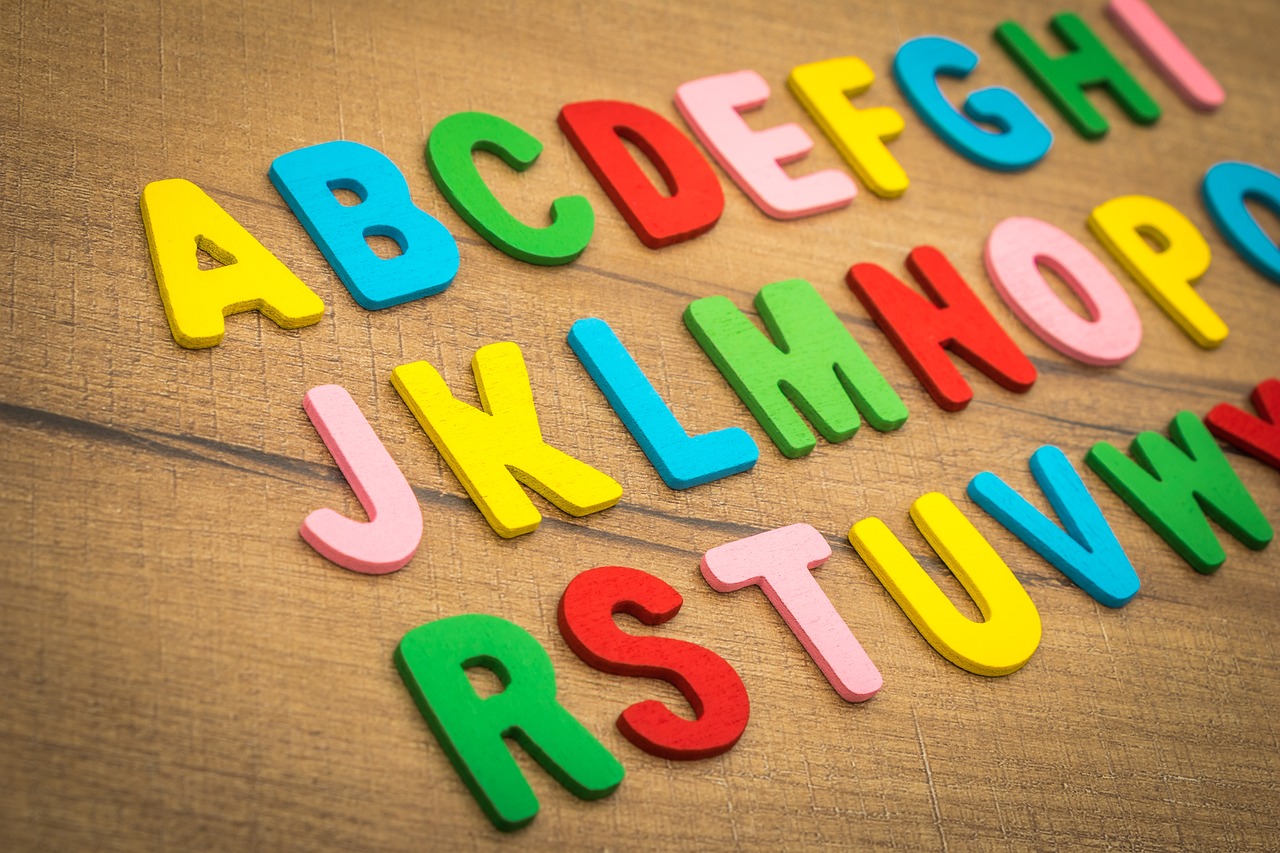Have you always wanted to learn a new language but don’t know where to start? Learning a new language can open up a world of opportunities, from traveling to new countries to connecting with people from different cultures. Fortunately, there are many language learning tools available that are perfect for beginners like you. In this article, we will explore the top language learning tools that can help you kickstart your language learning journey.

Why Should You Use Language Learning Tools?
Language learning tools offer a structured and interactive way to learn a new language. They provide a combination of writing, reading, listening, and speaking exercises that cater to different learning styles. Whether you’re a visual learner who prefers watching videos or an auditory learner who learns best through listening, language learning tools have something for everyone.
Using language learning tools also allows you to learn at your own pace and practice whenever you have free time. With features like quizzes, flashcards, and interactive exercises, you can reinforce your learning and track your progress. Plus, many language learning tools offer mobile apps, so you can learn on-the-go from your phone or tablet.
How Language Learning Tools Can Boost Your Confidence
Learning a new language can be daunting, especially if you’re just starting out. Language learning tools can help boost your confidence by providing a supportive and encouraging environment. With features like voice recognition software that helps you improve your pronunciation and instant feedback on your exercises, you can feel more confident in your language skills.
When you see yourself making progress and understanding more of the language, you’ll feel motivated to continue learning. Language learning tools also often offer community forums or chat features where you can connect with other learners and native speakers, giving you a sense of community and support in your language learning journey.
Top Language Learning Tools For Beginners
Now that you understand the benefits of using language learning tools, let’s explore some of the top tools that are perfect for beginners like you. Whether you’re interested in learning Spanish, French, German, or any other language, these tools offer a range of features and resources to help you succeed.
Duolingo
If you’re just starting out on your language learning journey, Duolingo is a fantastic tool to get you started. Duolingo offers lessons in over 30 languages, making it a versatile option no matter what language you’re interested in. The lessons are broken down into bite-sized exercises that are easy to digest, perfect for beginners.
Duolingo uses a gamified approach to learning, where you earn points for completing exercises and can track your progress over time. The app also offers a mix of reading, writing, listening, and speaking exercises to help you develop all aspects of your language skills. With its cute mascot Duo the Owl cheering you on, Duolingo makes learning a new language fun and engaging.
Rosetta Stone
Rosetta Stone is a well-known name in the language learning world, and for good reason. Rosetta Stone offers interactive lessons in 24 languages, using immersive techniques that simulate the way you learned your first language. The lessons focus on building your vocabulary and grammar skills through repetition and practice.
One of the key features of Rosetta Stone is its speech recognition software, which helps you perfect your pronunciation by comparing your speech to native speakers. The lessons are designed to be engaging and interactive, with plenty of opportunities to practice speaking and listening. With Rosetta Stone, you can learn a new language in a natural and intuitive way.
Babbel
Babbel is another popular language learning tool that is perfect for beginners. Babbel offers courses in 14 languages, with lessons that are tailored to your native language to help you make connections between the two. The lessons cover a range of topics, from everyday conversations to grammar and vocabulary.
One of the unique features of Babbel is its focus on real-life conversations, which can help you feel more confident in speaking the language. The app also offers review exercises to reinforce your learning and ensure that you retain the information. With Babbel, you can learn a new language in a practical and effective way.
Memrise
Memrise takes a different approach to language learning by using flashcards and spaced repetition to help you remember vocabulary and grammar rules. The app offers courses in over 16 languages, with a focus on building your vocabulary and improving your memory.
One of the standout features of Memrise is its user-generated content, where learners can create and share their own courses. This allows you to tailor your learning experience to your interests and goals. Memrise also offers a variety of games and quizzes to make learning fun and engaging. With Memrise, you can expand your vocabulary and improve your language skills in a dynamic way.

Tips for Using Language Learning Tools Effectively
Now that you’ve learned about some of the top language learning tools for beginners, here are a few tips to help you make the most of your language learning journey.
Set Realistic Goals
When using language learning tools, it’s important to set realistic goals for yourself. Whether you want to learn a new language for travel, work, or personal enrichment, having clear goals can help you stay motivated and focused. Start by setting small, achievable goals, such as mastering a set number of vocabulary words or completing a certain number of lessons each week.
Practice Consistently
Consistency is key when it comes to learning a new language. Make a habit of practicing with your language learning tool every day, even if it’s just for a few minutes. By practicing consistently, you can reinforce your learning and improve your language skills over time. Set aside a dedicated time each day for language practice to make it a regular part of your routine.
Immerse Yourself
To truly master a language, it’s important to immerse yourself in it as much as possible. Use your language learning tool to listen to native speakers, watch videos in the target language, and read books or articles. The more you expose yourself to the language, the more comfortable and confident you will become. Try to incorporate the language into your daily life whenever possible to accelerate your learning.
Don’t Be Afraid to Make Mistakes
Learning a new language involves making mistakes, and that’s okay. Don’t be afraid to try speaking or writing in the language, even if you’re not sure of the correct grammar or pronunciation. Making mistakes is a natural part of the learning process, and each mistake is an opportunity to improve. Embrace your mistakes as learning opportunities and keep pushing yourself to improve.
Stay Motivated
Learning a new language is a marathon, not a sprint. It’s important to stay motivated and committed to your language learning goals. Celebrate your progress, no matter how small, and remind yourself of why you started learning the language in the first place. Find ways to keep yourself engaged and interested, whether it’s by watching movies in the target language, reading books, or practicing with native speakers.

Conclusion
Learning a new language can be a challenging but rewarding experience. With the right language learning tools and a positive attitude, you can make steady progress towards fluency. Whether you choose to use Duolingo, Rosetta Stone, Babbel, Memrise, or a combination of these tools, the key is to stay consistent and dedicated to your language learning journey. Remember to set realistic goals, practice consistently, immerse yourself in the language, embrace your mistakes, and stay motivated. By following these tips and using the top language learning tools for beginners, you’ll be well on your way to becoming a multilingual pro. Good luck!

